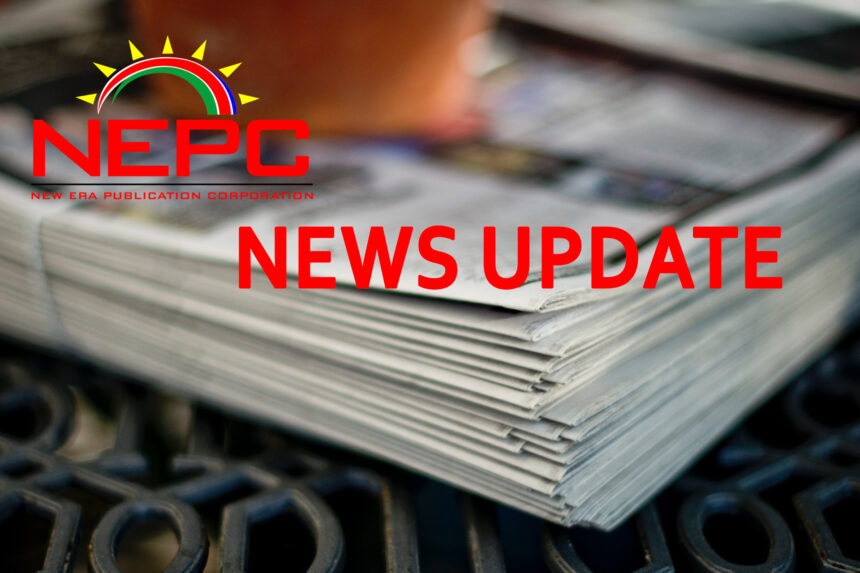Josephina Itoolwa
Namibia is home to a rich diversity of cultures and languages. With over 30 different indigenous languages spoken in the country, it is important that these languages are preserved and promoted. Digitalisation is one way of achieving this goal, as it makes these languages more accessible to a wider audience.
In this article, we will discuss the current state of digitalisation of Namibian indigenous languages and some exciting developments in this field. At present, most of the digital content in Namibia is in English, with some content also available in Afrikaans.
This means that many
Namibians who speak only indigenous languages have
limited access to online content. Even when content is available in indigenous languages, it is often not well-documented or easily accessible.
Although there are businesses doing physical translation, there are some positive developments in
the field of digitalisation of Namibian indigenous languages.
One of the exciting news is that one of the indigenous languages, Oshindonga, is now digitalised by a young Namibian scholar Axel Mukwena, who holds a Bachelor’s Degree in Computer Science from the University of Macau, China.
Mukwena has an ongoing project of developing textual datasets for Namibian indigenous languages and has sourced more than 70 000 contextually rich translation pairs between English and Oshindonga.
This means one can translate between Oshindonga and English successfully.
You may try this exciting activity and translate from Oshindonga to English and vice versa: https://translate.meyabase.com/?sl=ng&tl=en&input=Nena+esiku+ewanawa.
It is important to note that while translation tools exist for many languages, indigenous languages often have unique grammatical structures and idiomatic expressions that may not be well captured by these tools.
Therefore, efforts to digitise indigenous languages need to go beyond simply providing translation tools and should focus on developing resources that are specifically tailored to the unique needs of these languages.
In addition to the project of Mukwena, there are other initiatives aimed at digitalising Namibian indigenous languages. For example, the Bible has been translated into several indigenous languages, such as Oshikwanyama and Oshindonga. You can find these translations on websites such as https://bible-in-oshindonga-ndonga.soft112.com/. There are also social media pages dedicated to indigenous languages, such as this Instagram page for
Oshiwambo quotes: https://www.instagram.com/libra_5510/?hl=en.
Despite these positive developments, there is still a long way to go before Namibian indigenous languages are fully digitalised. Researchers such as Dr Aletta Hautemo of the Namibian University of Science and Technology have noted that Wikipedia can be a useful tool for integrating technology into language study.
However, to fully benefit from online connectivity, people must be able to type, talk, and read online content in their local languages. This requires the development of digital literacy skills in indigenous languages.
Another challenge is the lack of standardised orthographies for many indigenous languages. Standardising the orthography of these languages is important for ensuring consistency in spelling and pronunciation across different contexts. However, this is a complex process that requires the involvement of language experts, educators, and community members.
In conclusion, the digitalisation of Namibian indigenous languages is an important step towards preserving and promoting these languages.
While there are some positive developments in this field, much more needs to be done to ensure that these languages are fully integrated into the digital world. Initiatives such as Mukwena’s project and the translation of
the Bible into indigenous languages are important steps in this direction. However, more resources and support are needed to fully digitise Namibian indigenous languages and
preserve their cultural heritage.
*Josephina Panduleni Iyaloo Itoolwa is an educator and a Master’s Degree in English candidate at NUST, who also runs Iyaloo Editorial CC. Email: iyalooeditorialcc@gmail.com


